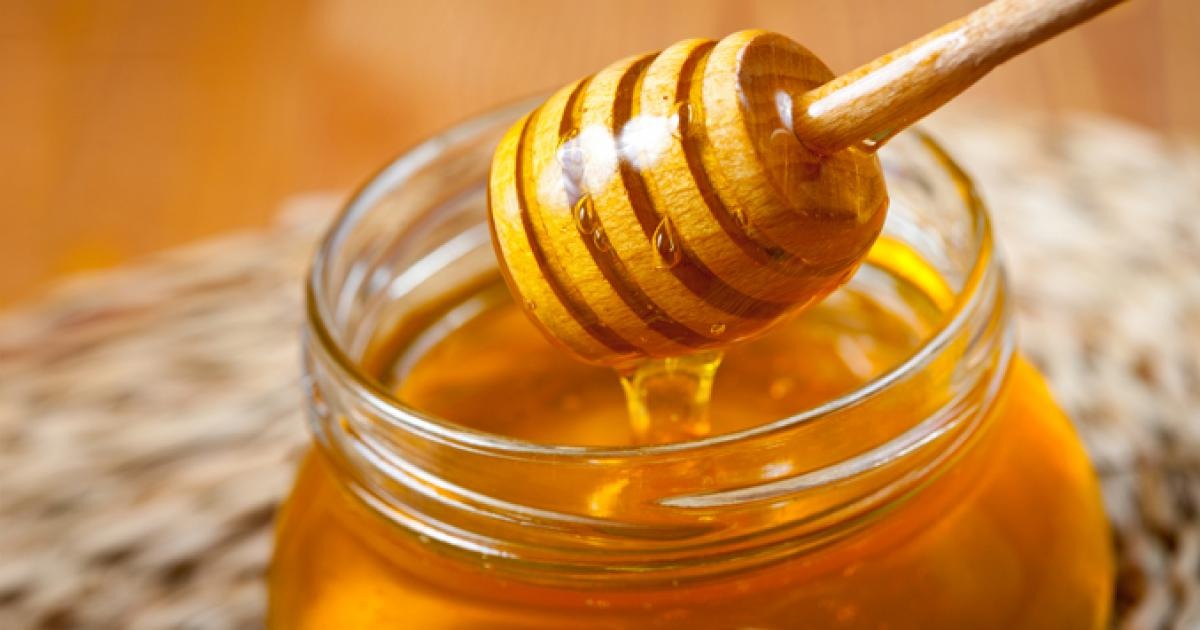In the realm of natural remedies, few products have garnered as much attention and admiration as Manuka honey. Hailing from New Zealand, this special honey has long been valued for its unique medicinal properties, making it a staple in homes around the world. Packed with antibacterial, anti-inflammatory, and antioxidant benefits, Manuka honey is much more than just a natural sweetener—it’s a powerful, versatile remedy that belongs in every natural medicine cabinet. Whether you’re looking to boost immunity, treat skin ailments, or support digestive health, Manuka honey offers a holistic, all-natural solution.
What is Manuka Honey?
Manuka honey is produced by bees that pollinate the Leptospermum scoparium plant, commonly known as the Manuka tree, which is native to New Zealand. This type of honey is distinct from other honeys due to the presence of a compound called methylglyoxal (MGO), which gives it its potent antibacterial properties. While all honey has some level of antimicrobial activity due to its hydrogen peroxide content, Manuka honey stands out because its high levels of MGO make it far more effective in fighting bacteria and supporting healing processes.
When shopping for Manuka honey, you’ll often come across products labeled with a UMF (Unique Manuka Factor) rating. This rating measures the strength of the honey’s antibacterial properties and MGO content, allowing consumers to choose the potency that best suits their needs. If you’ve seen manuka honey raw honey in health stores or online, it’s important to select a reputable brand with a certified UMF rating, ensuring that you’re getting the highest quality product.
The Antibacterial Power of Manuka Honey
One of the most well-known benefits of Manuka honey is its antibacterial properties. This makes it an excellent natural remedy for treating a wide variety of infections and wounds. The high MGO levels in Manuka honey create a hostile environment for bacteria, inhibiting their growth and promoting faster healing. Studies have shown that Manuka honey is particularly effective against Staphylococcus aureus (the bacteria responsible for staph infections) and even against antibiotic-resistant strains like MRSA.
For this reason, Manuka honey is often used in hospitals and clinics to treat wounds, burns, and ulcers. Its ability to speed up healing while preventing infection has made it a favorite among healthcare professionals and natural remedy enthusiasts alike. It also helps to reduce inflammation and promote tissue regeneration, making it ideal for healing cuts, scrapes, and even surgical wounds.
A Natural Remedy for Digestive Health
Manuka honey isn’t just for external use—its antibacterial properties make it highly effective for supporting digestive health as well. Many people use Manuka honey to help soothe digestive issues such as acid reflux, stomach ulcers, and irritable bowel syndrome (IBS). The honey’s ability to combat harmful bacteria in the gut, while promoting the growth of beneficial bacteria, helps maintain a healthy balance in the digestive system.
One of the conditions Manuka honey has been found to treat effectively is Helicobacter pylori, the bacteria responsible for stomach ulcers. By consuming a small amount of Manuka honey daily, you may be able to reduce the presence of these harmful bacteria, leading to improved digestive function and a decrease in ulcer symptoms.
In addition, Manuka honey can help alleviate symptoms of gastritis, bloating, and indigestion. Taken on an empty stomach or mixed into herbal teas, it offers a soothing, natural remedy for those suffering from chronic digestive discomfort.
Skin Care with Manuka Honey
Another compelling reason to have Manuka honey in your natural medicine cabinet is its ability to treat a wide range of skin conditions. Thanks to its antibacterial, anti-inflammatory, and moisturizing properties, Manuka honey has become a popular ingredient in natural skincare products. It’s particularly effective for treating acne, eczema, and dry, irritated skin.
For acne sufferers, Manuka honey can help reduce breakouts by targeting the bacteria that cause pimples and inflammation. By applying a thin layer of Manuka honey to the affected area, you can reduce redness and swelling while speeding up the healing of blemishes. Manuka honey’s humectant properties also ensure that your skin stays hydrated, which is essential for maintaining a healthy complexion.
Eczema and psoriasis sufferers can also benefit from the soothing and anti-inflammatory effects of Manuka honey. Applying it to dry, flaky patches of skin helps to calm irritation, while its healing properties aid in the repair of damaged skin. Manuka honey can be used as a topical treatment on its own or incorporated into natural creams and lotions for daily use.
For general skin maintenance, using Manuka honey as a face mask or spot treatment can leave your skin feeling soft, smooth, and hydrated. Its natural antioxidants help combat free radicals, reducing the appearance of fine lines and promoting a more youthful complexion.
Immune Support and Cold Relief
With flu season around the corner, keeping Manuka honey on hand can be a lifesaver. Its immune-boosting properties make it an excellent natural remedy for colds, sore throats, and coughs. Manuka honey helps to soothe irritated throats, reduce coughing, and even shorten the duration of colds by supporting the body’s natural defense mechanisms.
For sore throats, simply take a spoonful of Manuka honey on its own or dissolve it in warm water with a squeeze of lemon. The honey’s anti-inflammatory and antibacterial properties help to reduce throat pain and irritation while providing a protective coating that eases discomfort. Because of its thick, viscous consistency, Manuka honey clings to the throat, offering longer-lasting relief than other remedies.
Additionally, Manuka honey can be added to herbal teas or mixed with ginger and garlic to create a powerful immune-boosting tonic. Taken at the first sign of illness, it can help reduce the severity of symptoms and support a faster recovery.
The Best Ways to Use Manuka Honey
Manuka honey is versatile and easy to incorporate into your daily health routine. Here are some of the best ways to use it:
- For Digestive Health: Take one teaspoon of Manuka honey on an empty stomach in the morning to support digestion and combat harmful bacteria.
- For Wounds and Burns: Apply a thin layer of Manuka honey directly to cuts, scrapes, or burns, then cover with a bandage. Change the dressing every day to promote faster healing.
- For Acne and Skin Care: Use Manuka honey as a face mask or spot treatment to reduce inflammation, acne breakouts, and dryness.
- For Sore Throats and Colds: Take a spoonful of Manuka honey or mix it with warm water and lemon to soothe a sore throat and boost your immune system.
How to Choose the Right Manuka Honey
When shopping for Manuka honey, it’s important to select a product that is authentic and high in quality. Look for brands that carry a UMF rating, which guarantees the honey’s potency and effectiveness. A UMF rating of 10 or higher is generally recommended for medicinal use.
Additionally, when you see Manuka honey for sale, make sure it’s sourced from New Zealand, where the Manuka tree naturally grows. Avoid products that don’t list their MGO content or UMF rating, as these may not offer the same health benefits as certified Manuka honey.
Conclusion
With its impressive range of health benefits, Manuka honey is undoubtedly a must-have for your natural medicine cabinet. From its powerful antibacterial properties to its ability to support digestive health and improve skin conditions, Manuka honey offers a versatile, all-natural remedy for many common ailments. Whether you’re treating a sore throat, healing a wound, or looking for a natural skincare solution, Manuka honey provides a safe, effective option that you can trust.








